The new Lucid Gravity electric SUV, revealed this week in Los Angeles, will receive a limited-edition range-topping 'Dream' variant set to offer well over 440 miles of range.
The Gravity has been revealed in just one form so far, with the brand only publishing limited technical details, but it has confirmed a maximum range for the standard car of 440 miles.
Asked if the firm will launch a longer-range Dream edition, as it did with the Air saloon in 2021, company CEO Peter Rawlinson all but confirmed it's in the pipeline: "I won't be denying it. Am I that predictable?" he said.
The 2021 Lucid Air Dream edition is certified as the longest-range EV on sale in America, according to that country's EPA homologation cycle, capable of 520 miles between charges, courtesy of a 120kWh battery pack.
As a reference to that number, its build run was limited to 520 units, and Rawlinson has strongly suggested the same will be true for the longest-range Gravity.
"With Gravity, it will be over 440 miles," he said, referencing the headline range figure revealed at the SUV's unveiling. "I'm not saying a number yet, because other people will announce other cars."
"If we were to do, hypothetically, a Gravity Dream Edition, it might be limited to over 440 units...".
The Gravity's claimed 440-mile range is already set to make it one of the longest-legged SUVs on sale, so a significant increase would put a Dream Edition variant well clear of its rivals.
Notably, the Air Dream Edition also brought a significant power boost to 1111bhp, to give the saloon a 0-62mph time of just 2.5 seconds, so it's likely that the similarly conceived top-rung Gravity will be one of the fastest SUVs ever produced.
Rawlinson stopped short of revealing when Lucid will reveal the Gravity Dream Edition, but the Air Dream Edition was detailed only two months after the standard car, in 2020.
Even as standard, the new seven-seater claims "sports car performance", with a 3.5sec 0-62mph time, courtesy of being equipped with "the most power-dense EV motors in production globally". Yet it's also able to carry more than 700kg onboard and tow loads of nearly three tonnes.
Chief engineer Eric Bach referred to the Gravity as "an environmentally friendly, versatile electric vehicle with the spirit of a supercar".

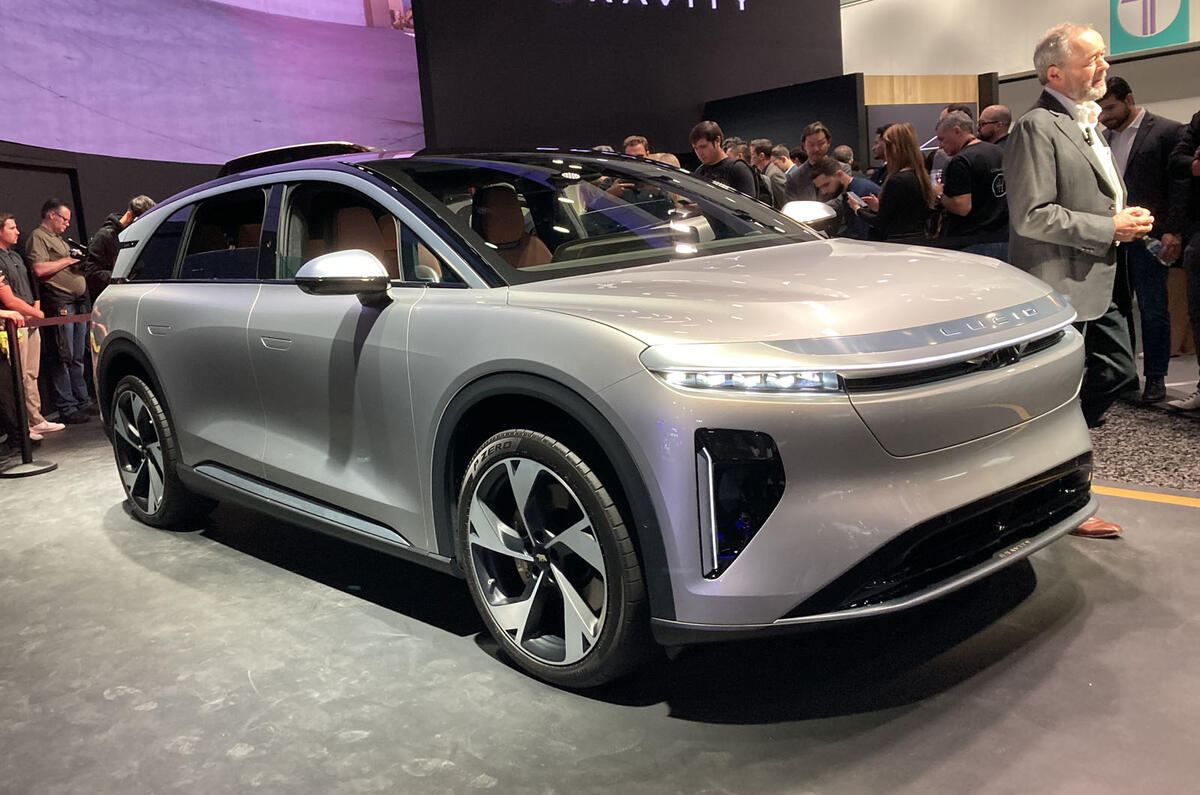
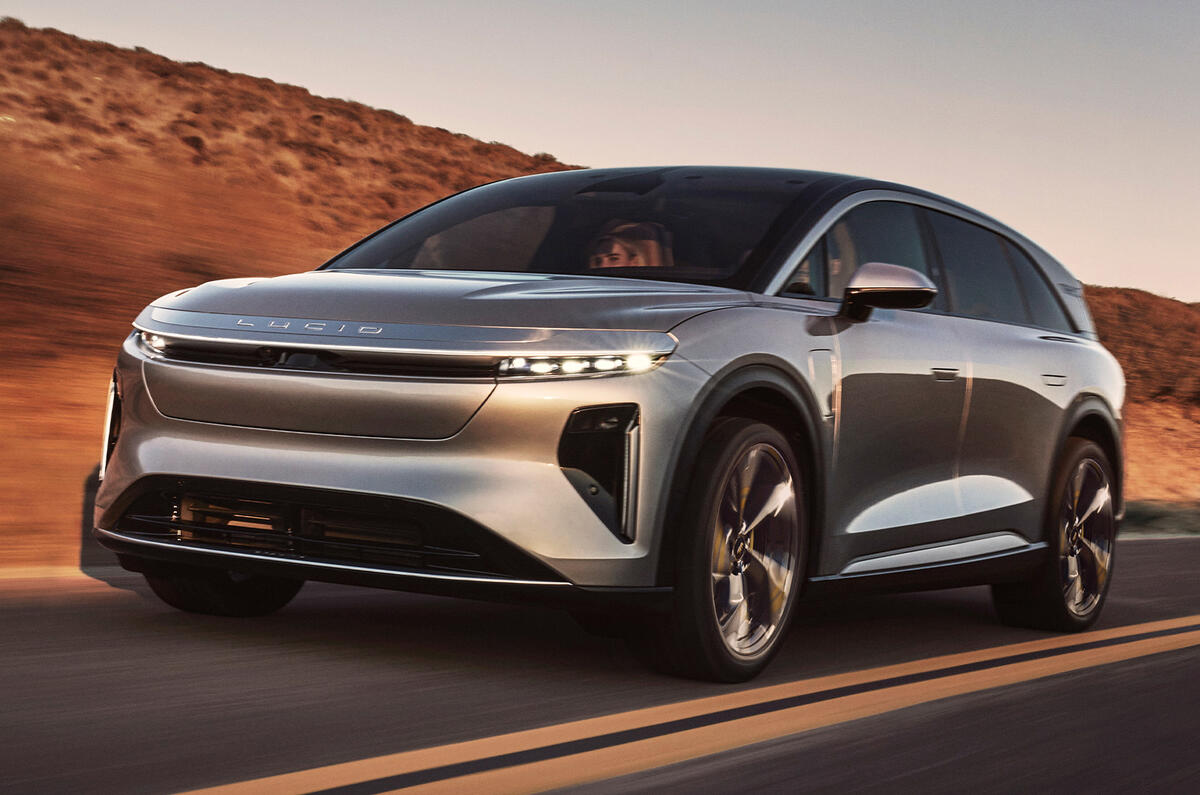
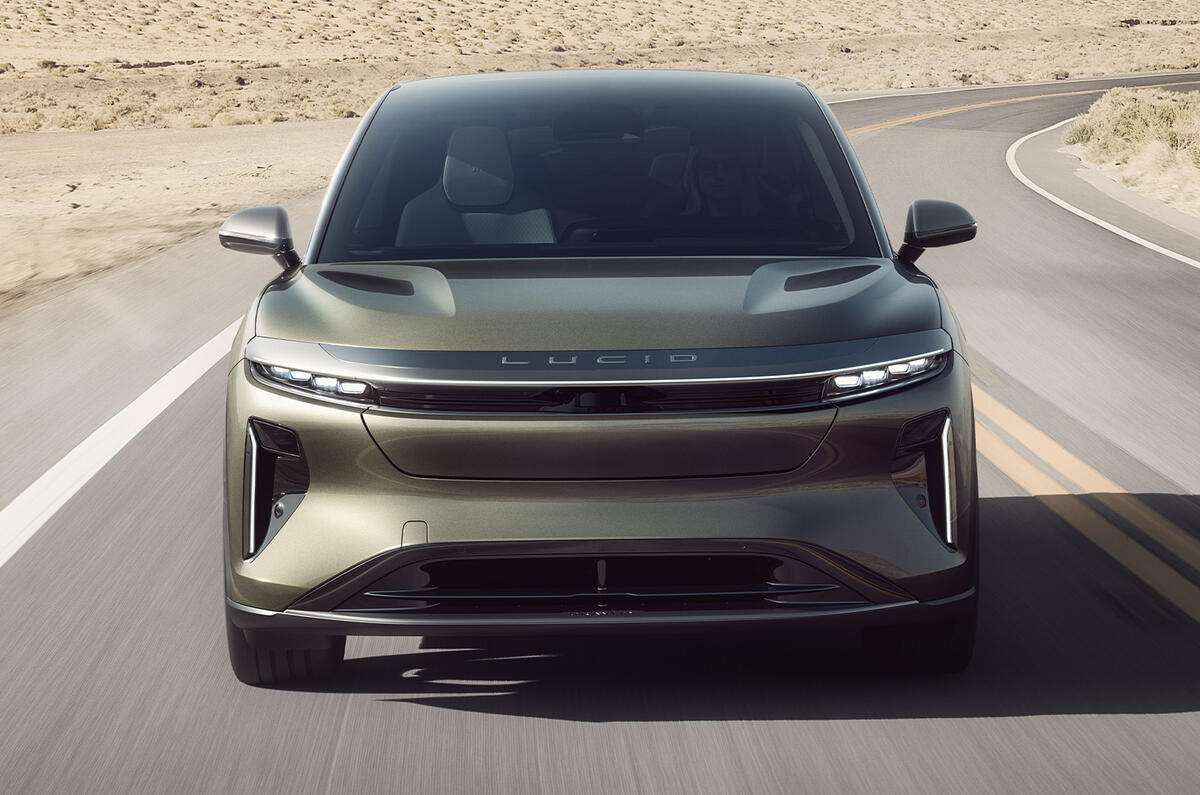
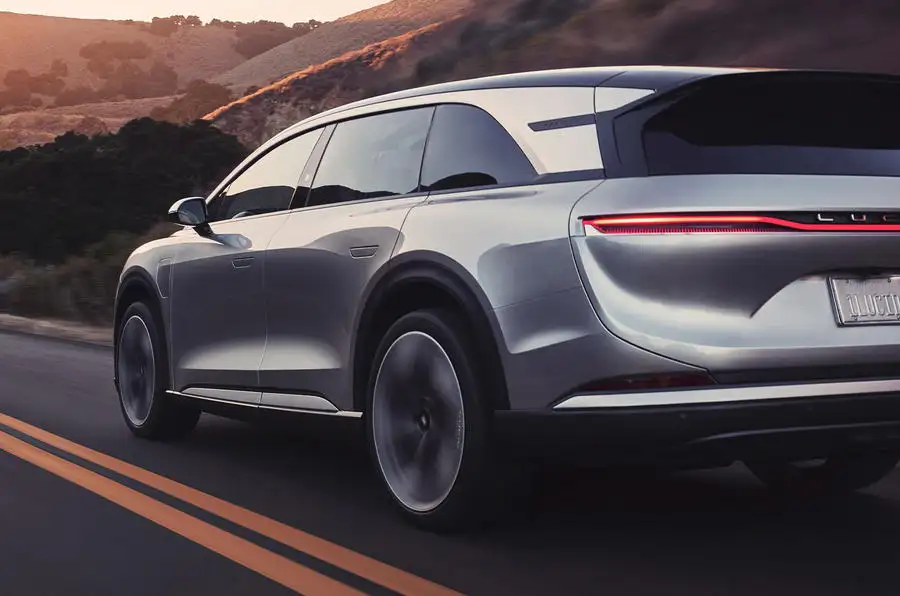
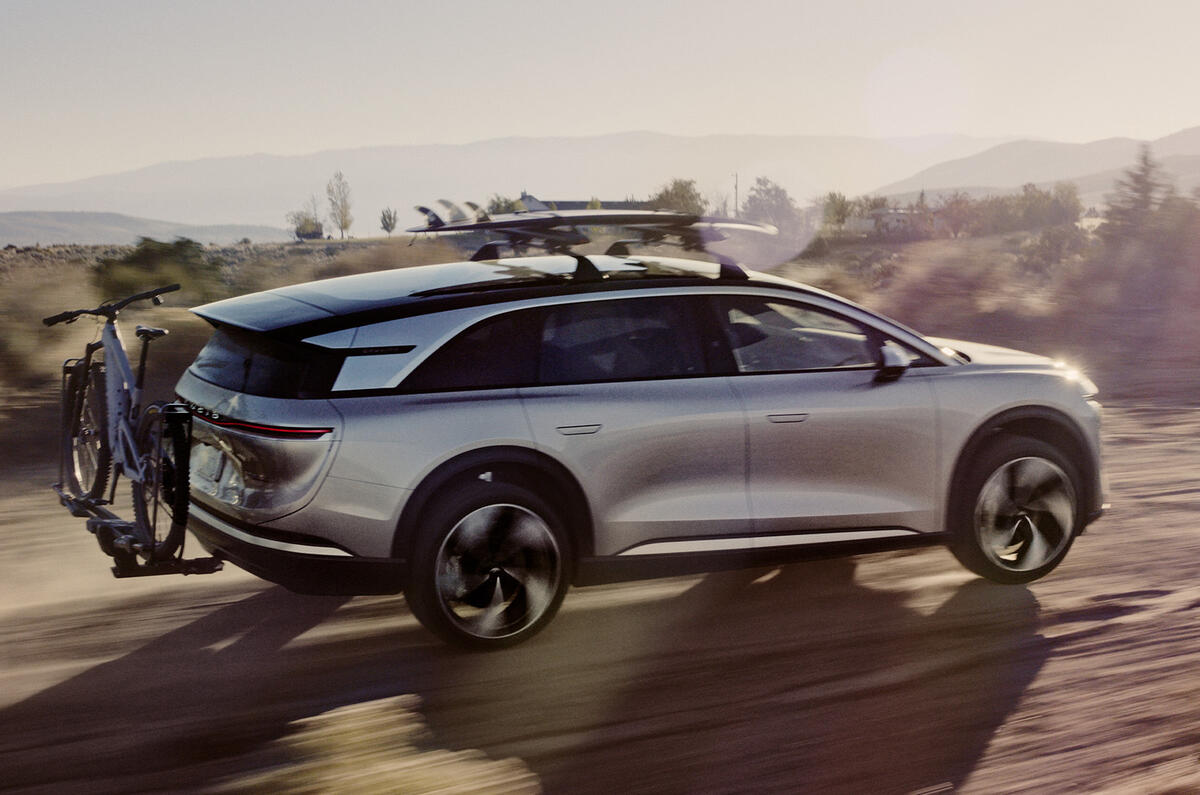


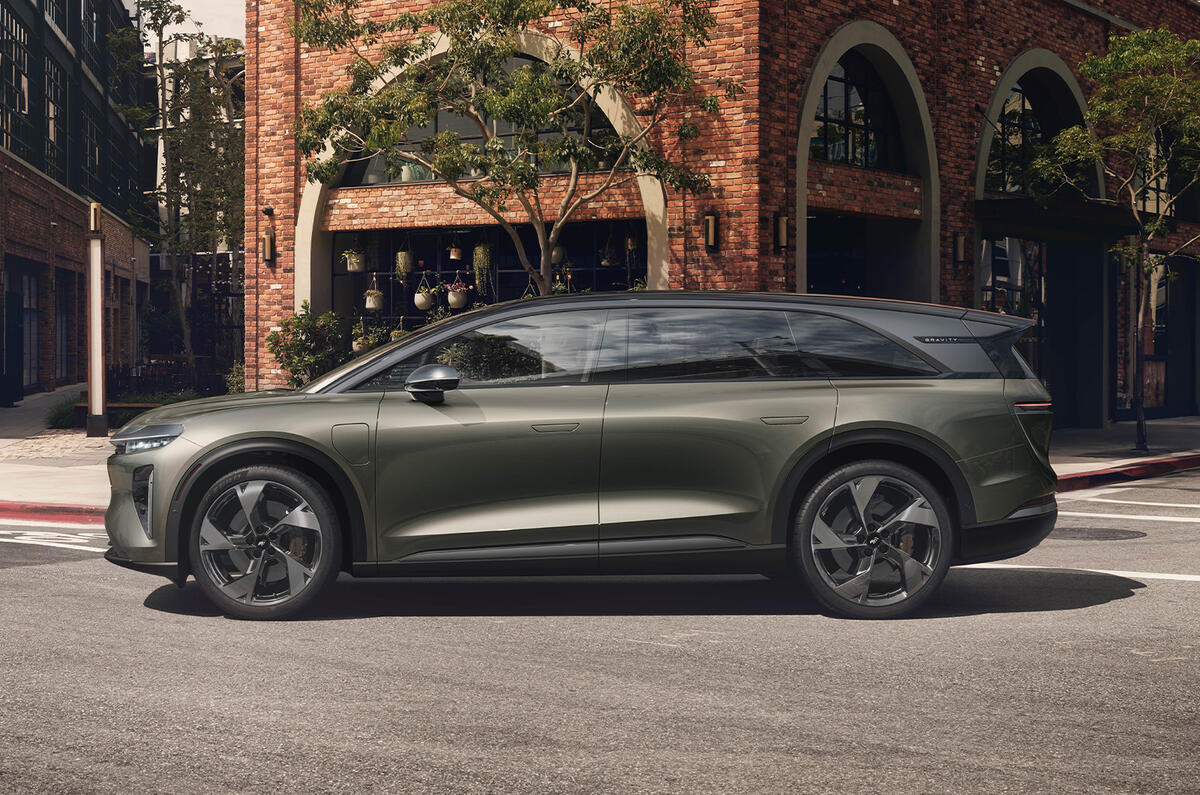
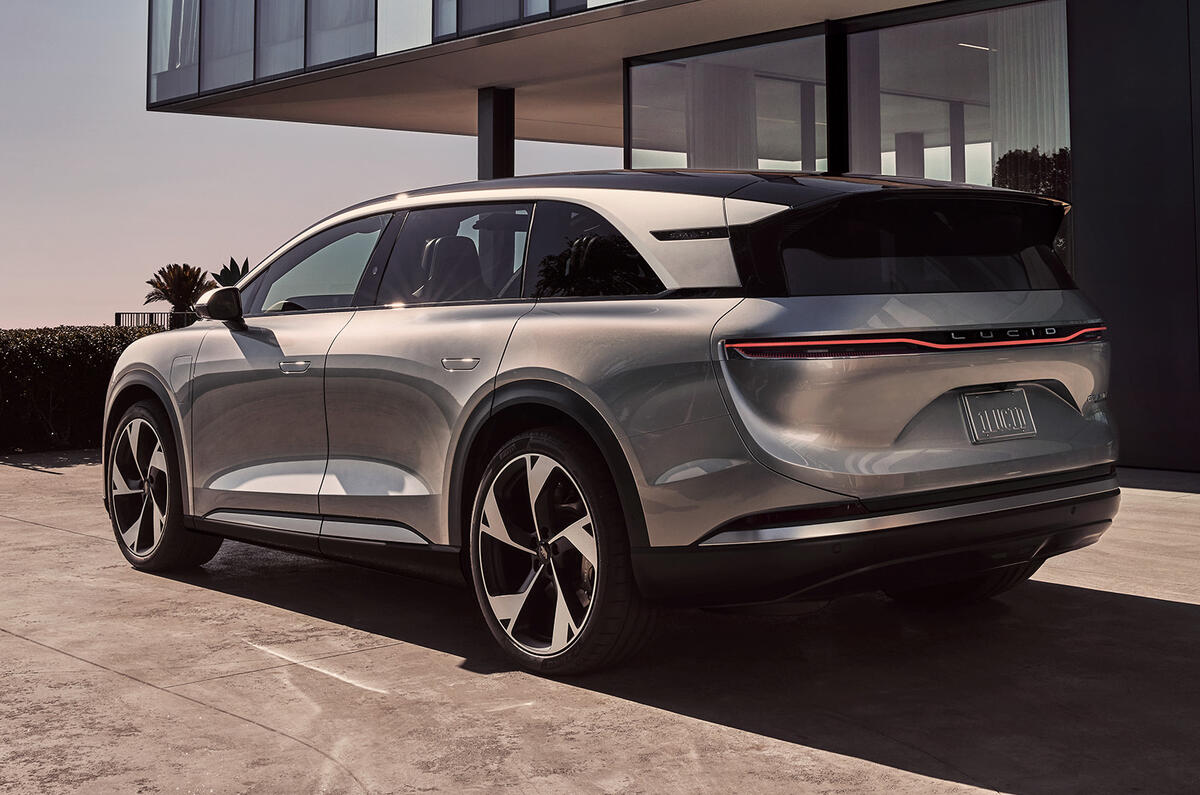


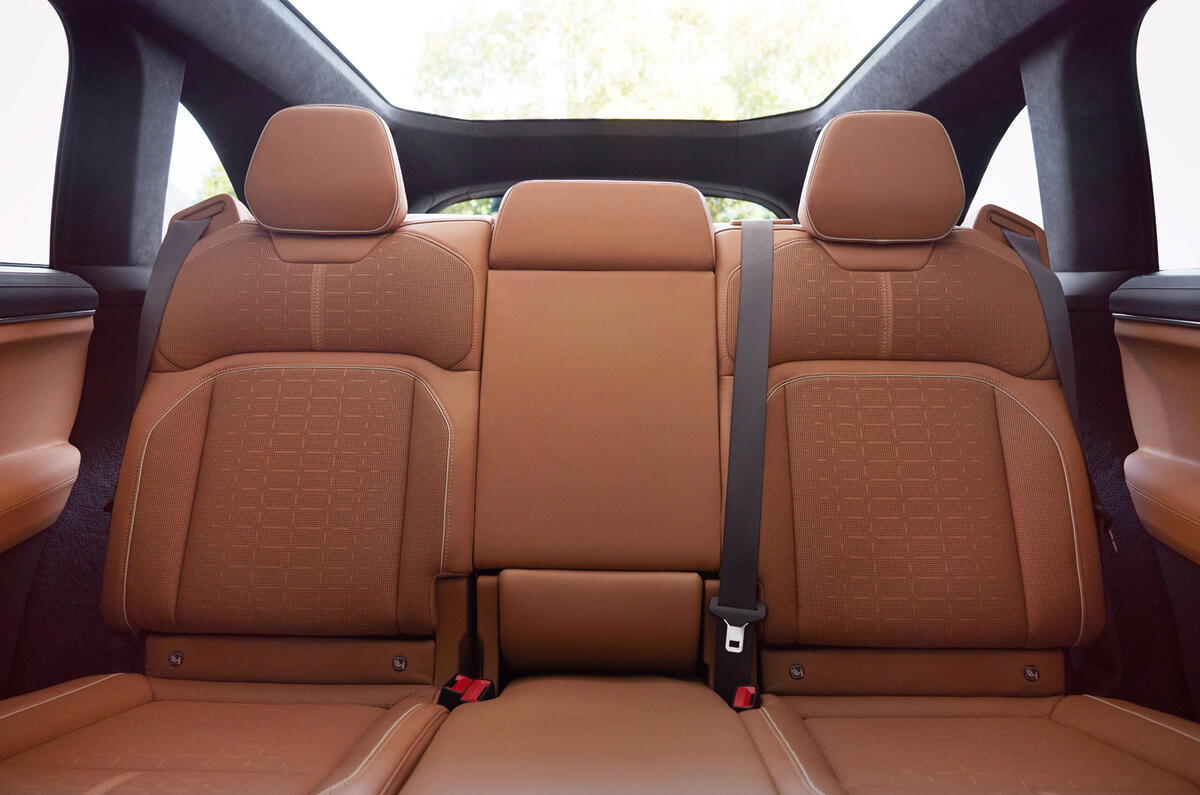

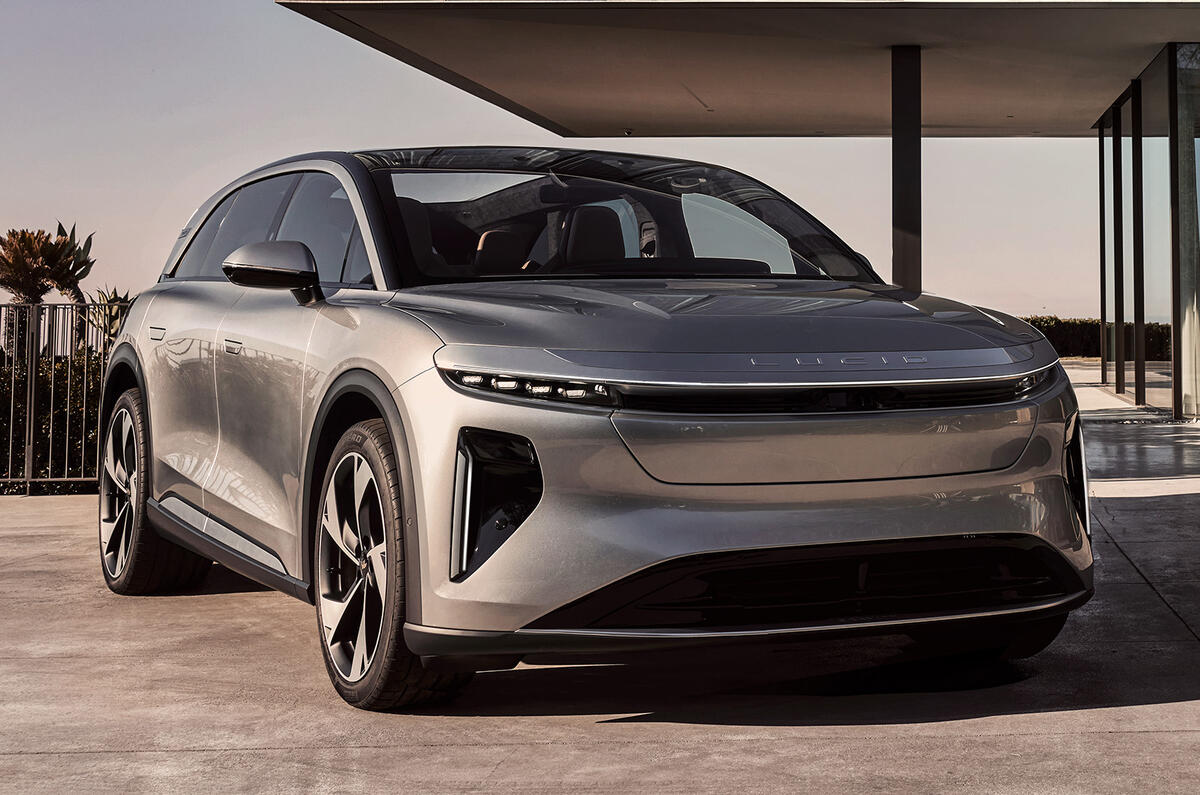



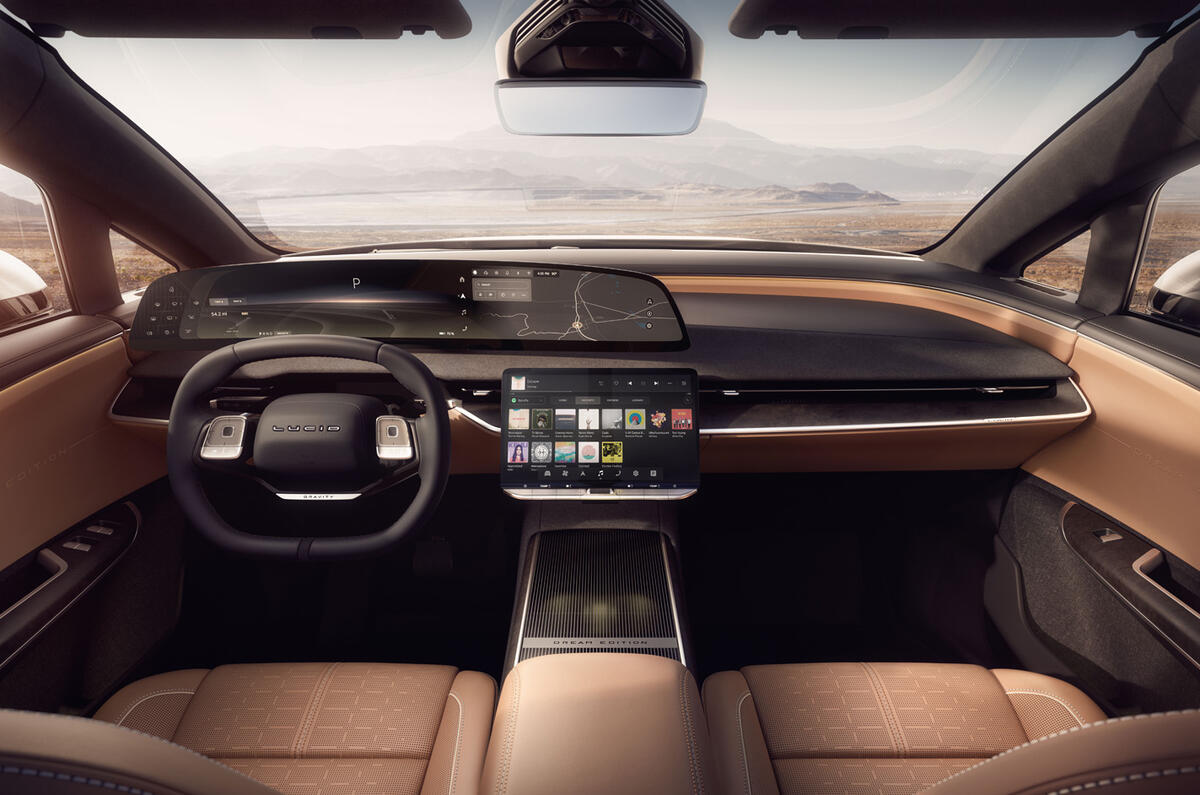
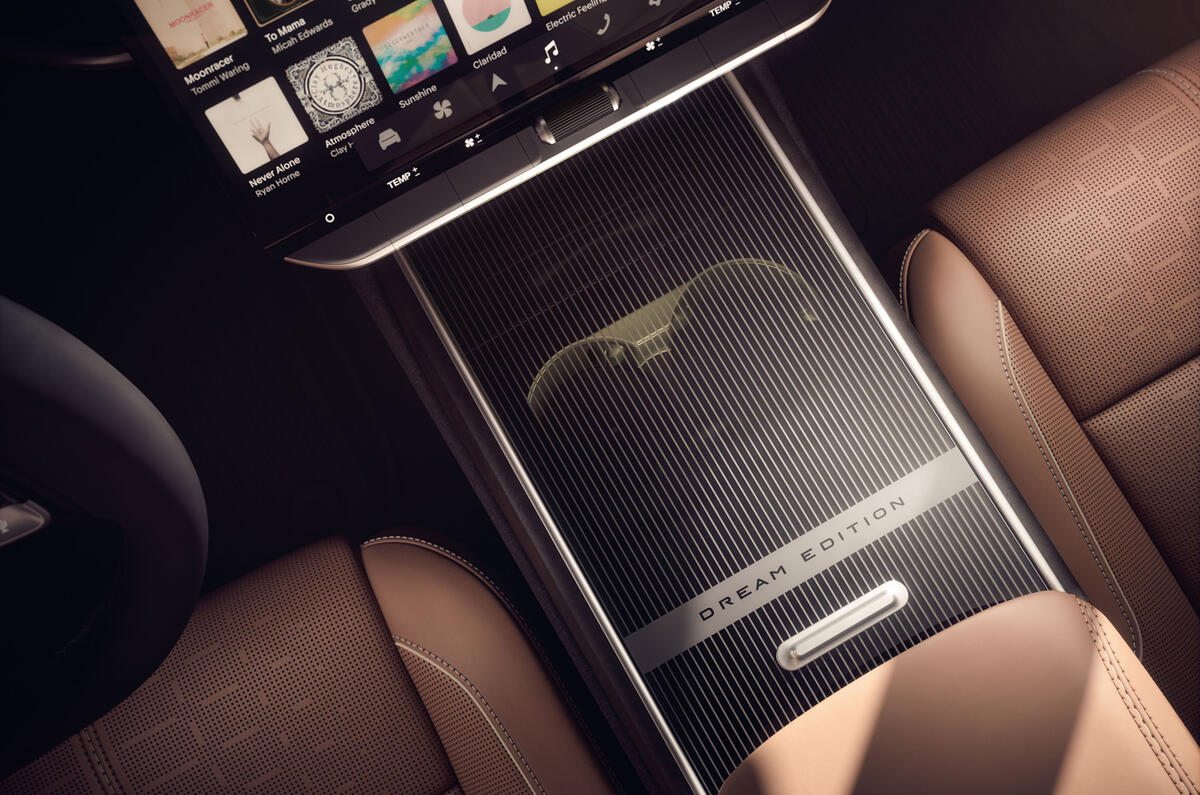
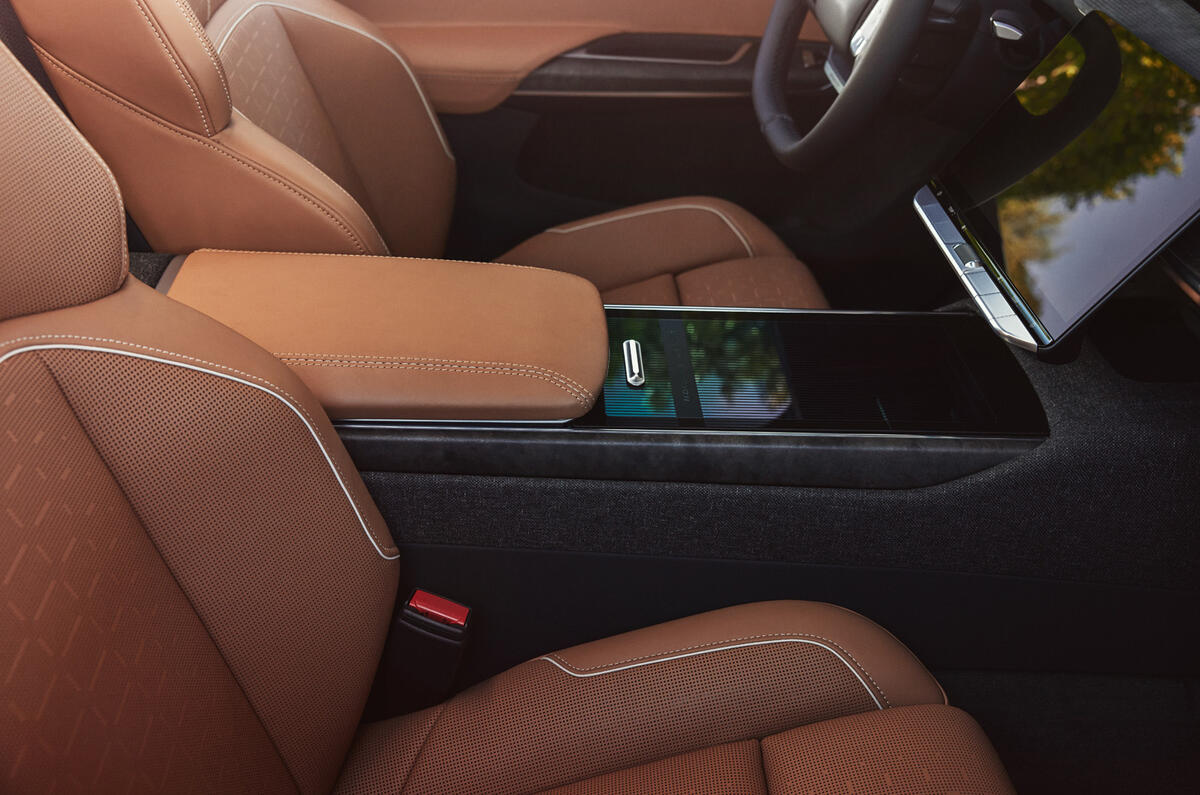
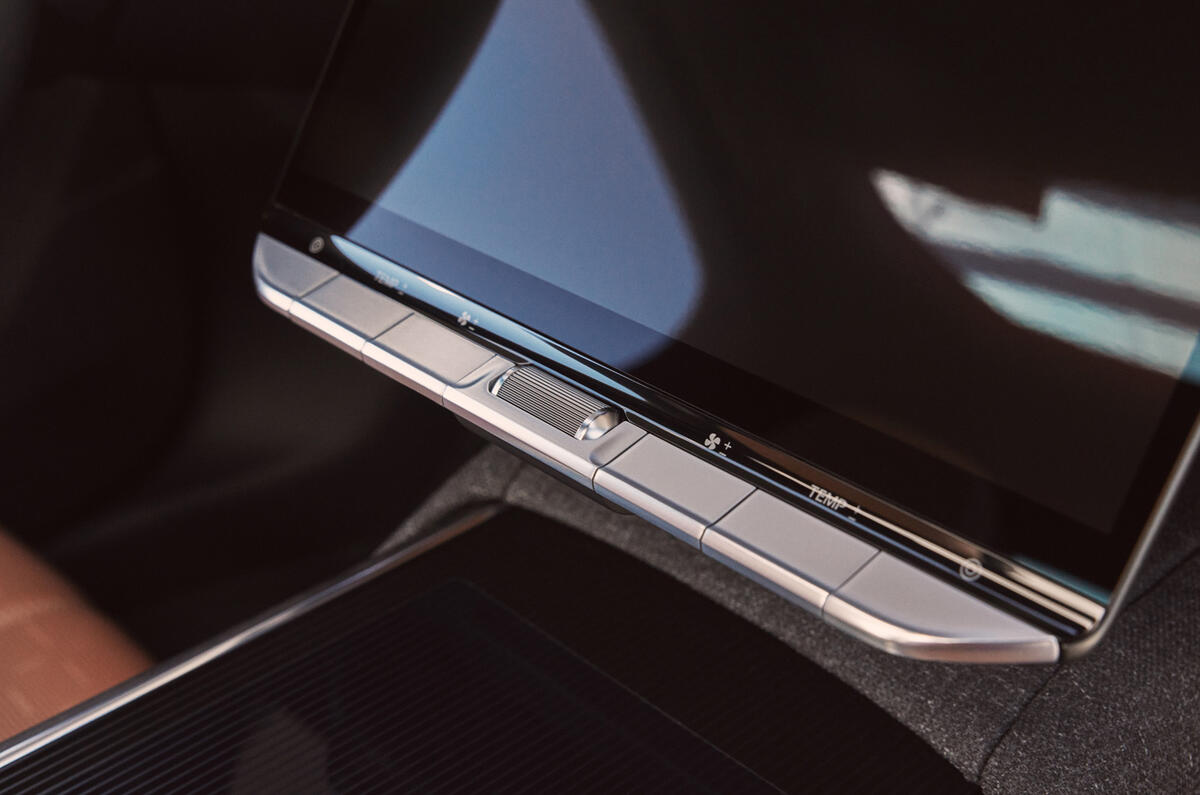
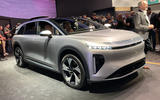







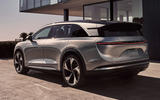


















Join the debate
Add your comment
What this vehicle is a salvo across the biw of Range Rover. Ranger Rover has cut out a name for itself, as being both light on its feet on pavement and able to to go anywhere off road! JLR has long said/suggested, though, that to produce a vehicle with all the capability of a RR, batteries would be too heavy, if not impossible, and was looking into a different solution. Yet, Rivian and it’s R1S has proven that, not only is it doable, but it is highly skilled in doing so. Now, here comes the Gravity with claims of being an SUV with sports car dynamics and not afraid of going off be beaten path and is an BEV to boot! The argument can be made that the R1S may not have the same footprint as the biggest of Rovers and the Gravety has yet to prove itself. That being said, outside of complaints and promises, Ranger Rover has yet to offer a showing. The crazy thing is Range Rover’s sister brand, Jaguar, was one of the first to bring an electric SUV to market, strangely enough! Even to that vehicle, RR has yet to field a credible response.
If such a big SUV can do 3.6mpkwh then surely in the future there can be a small car with 7.2mpkwh
It doesn't make sense that such a big SUV is more efficient than most entry level smaller cars with half the weight.
This is what is precisely wrong with the EV market currently. It shows lack of development of the tech. Theres no way that you have Petrol Range Rover having the same fuel consumption as a clio.
Your right, but the problem is vehicle platforms, especially EV architectures, are very expensive and a ramp up to full production. With all new technological advancements, they can have their own set of hiccups that were unexpected, one they get into the hands of the buying public. One could say, they could address the cost of development by building more vehicles at a lower price, right? Yet, when the hiccups show themselves, now your dealing with warrant costs across a large audience and a much bigger hit to the brands image and public perception. While with a more expensive vehicle, your production ramp up, buying audience, possible warranty costs and any ugliness as a result of, is much smaller and easier to contain and control the narrative! With those beta testers, the hope is that any issues can be worked out and then they can move on the more affordable products! In Lucid’s case, this is only the second product for the general public.
If such a big SUV can do 3.6mpkwh then surely in the future there can be a small car with 7.2mpkwh
It doesn't make sense that such a big SUV is more efficient than most entry level smaller cars with half the weight.
This is what is precisely wrong with the EV market currently. It shows lack of development of the tech. Theres no way that you have Petrol Range Rover having the same fuel consumption as a clio.